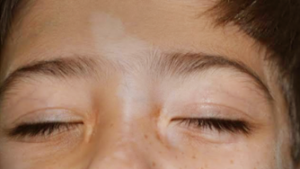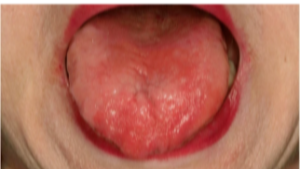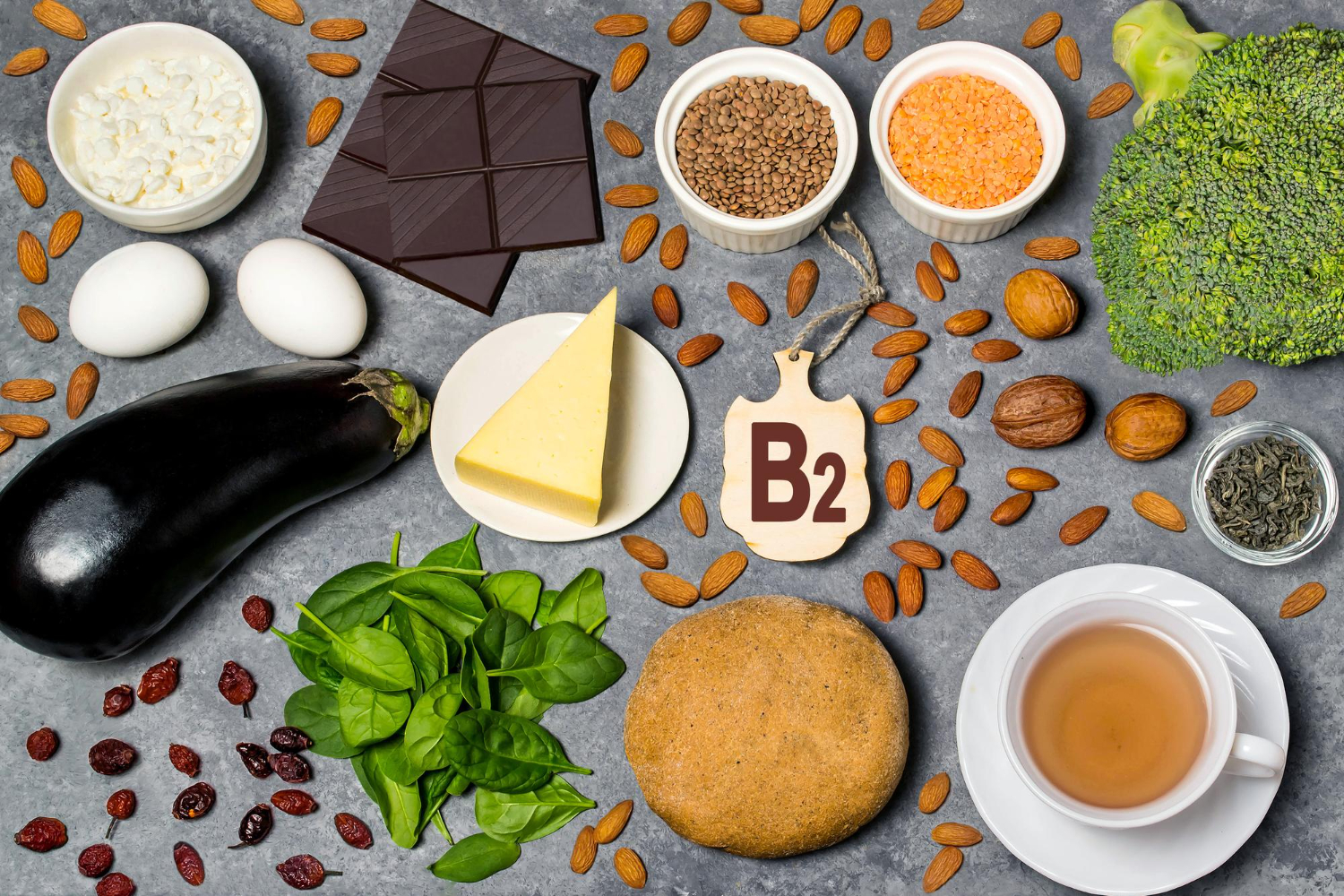Let’s imagine we have a few children coming into your clinic today, each with their own unique symptoms.
A 2-year-old with vitiligo comes in because of parental concern for possible pallor. On a subsequent CBC, the child is noted to have macrocytic anemia.

A 4-year-old with recurrent cheilitis, glossitis, and mucositis.

Can a good dietary history reveal their possible vitamin or mineral deficiency as the cause of their symptoms?
Vitamin B12
Sources of vitamin B12 include muscle and organ meats, fish, eggs, milk, and cheese.
Deficiency of this vitamin can present with megaloblastic anemia, peripheral neuropathy, posterior lateral column disease, glossitis, weight loss, and vitiligo.
Causes of vitamin B12 deficiency include malabsorptive disorders, lack of intrinsic factor, prolonged use of certain medications (e.g., metformin or proton pump inhibitors), and dietary deficiency.
Groups who may be at risk for this deficiency thus include those with pernicious anemia, individuals with gastrointestinal disorders or who have had stomach surgery, vegetarians who consume very little or no animal products and dairy products, and infants of vegan women.
Treatment of vitamin B12 deficiency is typically by IM or SubQ injection as oral absorption is poor. Regimens vary by age and etiology.
Vitamin B2 Riboflavin
Sources of vitamin B2 include eggs, milk, liver, and other organs, meat, fish, green leafy vegetables, and whole or enriched grains.
Deficiency of this vitamin (also known as ariboflavinosis) can lead to symptoms and signs such as skin problems, cheilitis, glossitis, mucositis, photophobia and lacrimation, nasolabial seborrhea, and alopecia.
Groups who may be at risk for riboflavin deficiency include vegetarian athletes, pregnant and lactating women who don’t consume a lot of meat or dairy products (and subsequently their infants), individuals who are vegan and consume little milk, people with riboflavin transporter deficiency. Riboflavin deficiency can be treated with high doses of riboflavin until the symptoms resolve. Typically, treatment is with oral supplementation but can be given via intramuscular injection if needed. Treatment of Vitamin B2 deficiency is given orally with a typical dose in children of 2.5-10 mg/day in divided doses.
Hope this helps!
Best regards,
Dr. Eyal Ben-Isaac, Children’s Hospital Los Angeles



